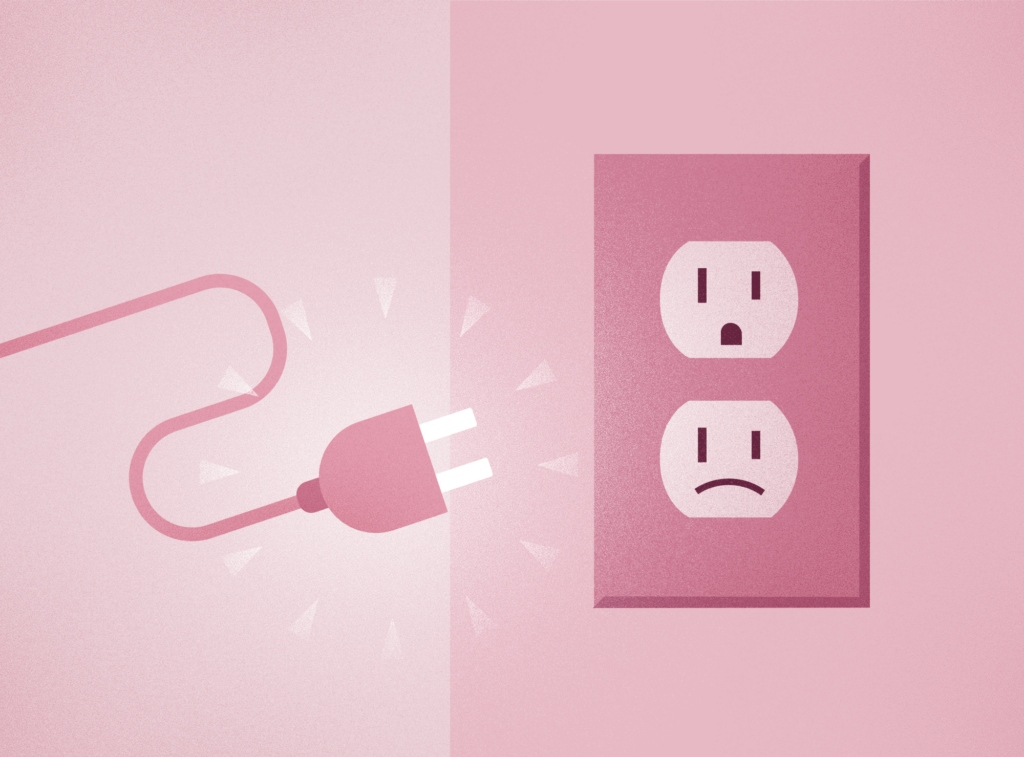
Today, I’ve asked Anne Maheux to share her Tip of the Week.
Most people would be better off quitting social media.
That’s what I believed. So five years ago, for the sake of my own happiness, I decided to get off social media for good. After a decade as a consistent user, I said goodbye to my Facebook, Instagram, and Snapchat accounts.
Then the COVID-19 pandemic hit. Simultaneously, my three best friends and I had to move. Once inseparable, we were now scattered across the country. I was living in a new state, unable to meet people, and loneliness began sinking in.
That’s when I started texting and using Zoom to talk to my best friends every day. At a time when it was hard to find silver linings, I was so grateful for digital media, which helped all of us battle the isolation.
I’m not alone in relying on technology as a lifeline. Many adolescents say they’re on social media almost constantly. This all-consuming use of social media is problematic, especially when it encourages teens to worry about the things they lack.
But during the pandemic, my colleagues and I learned in a study of over 700 adolescents that social media helped some teenagers appreciate what they have. In our study, we found that gratitude and relying on social media for meaningful conversations with friends went hand in hand. What gratitude did not predict was the total time on social media.
In other words, the amount of time spent on social media isn’t the only thing that matters. So does how teenagers use it.
Don’t assume teens’ use of social media is always bad or superficial. Banning it entirely cuts off a potential avenue for communication that most of their friends are using, and adolescence is a time in life when connecting with peers is essential.
Do encourage young people to reflect on their own values when deciding how to use social media. Ask: “When does it draw out the best in you? How can it bring you closer to your friends?” And talk about the importance of relationships—which are essential to happiness at any age.
With gratitude,
Annie
Anne Maheux is a PhD student in developmental and social psychology at the University of Delaware.
